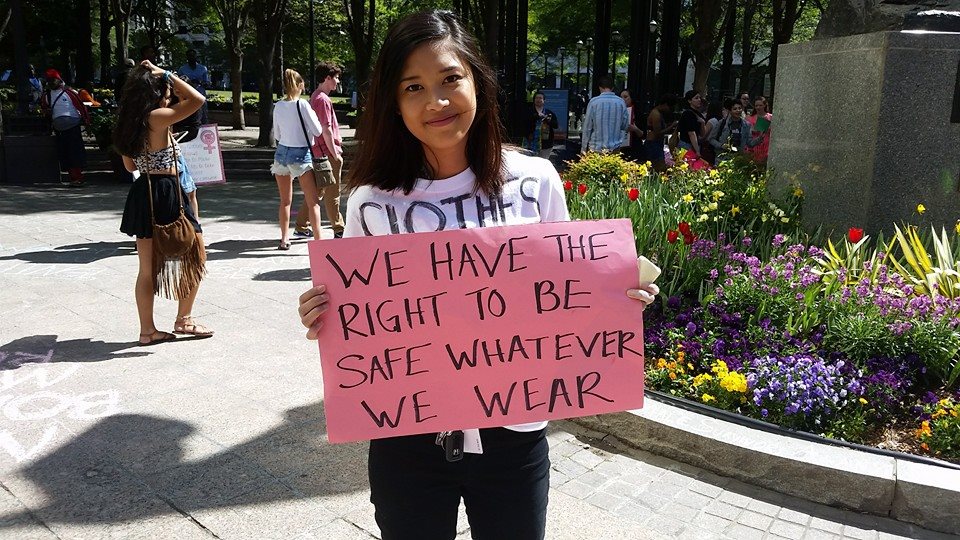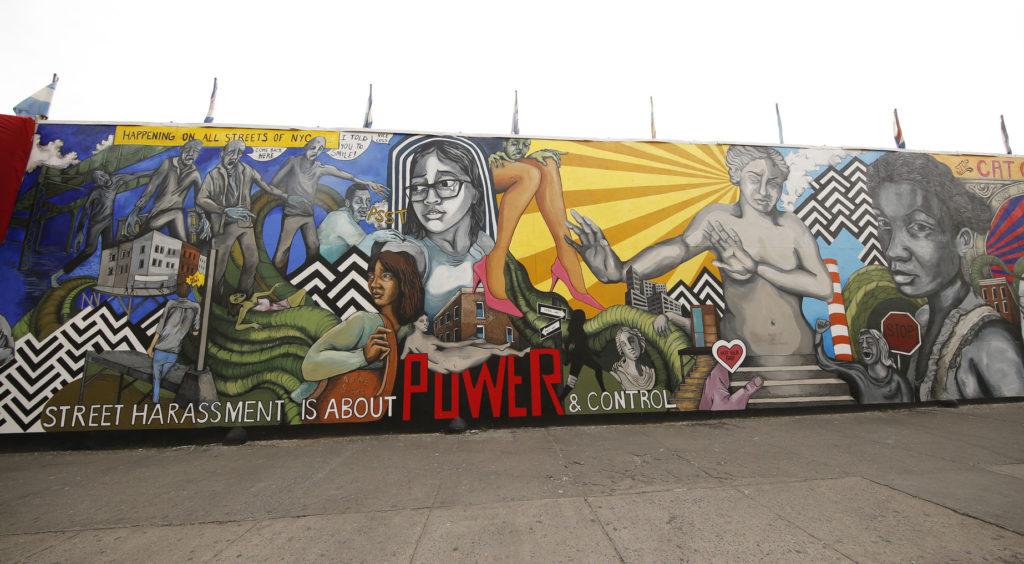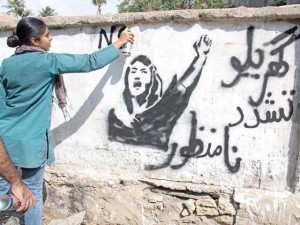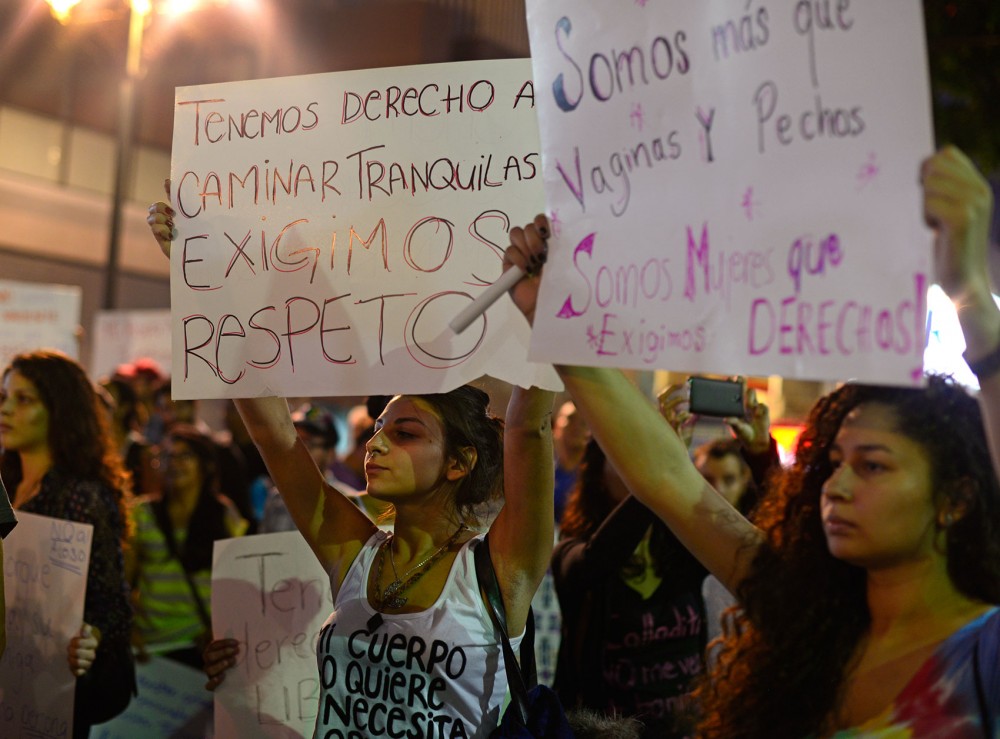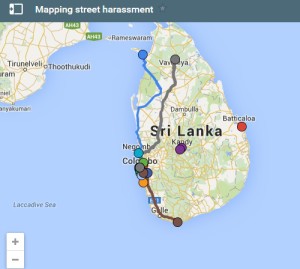I was walking through a bar on the boardwalk.
I was going through a less crowded area when one of the two stocky guys standing against the wall yelled out to “sexy”. I continued to keep my eyes adverted and my head down.
A split second later when I had passed by, he yelled in a more aggressive tone that “I was a bitch for not saying thank you.”
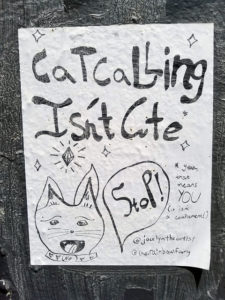
I mumbled “Thank you” as I picked up my pace and was extremely shaken.
For a few years after I would respond immediately with “thank you” to any unsolicited cat call.
It wasn’t until a couple of years later that I realized I wasn’t the one who did something wrong! There’s a polite way to compliment someone and it’s rude to cat call. I don’t have to tolerate it and I surely do not need to thank anyone for that.
We must teach respect. Don’t treat people in a way that you wouldn’t want your mother, father, sister, brother, daughter, or son to be treated.
~ Anonymous
Location:
Ocean City, New Jersey
Need support? Call the toll-free National Street Harassment hotline: 855-897-5910
Share your street harassment story for the blog.
See the book 50 Stories about Stopping Street Harassers for ideas.

